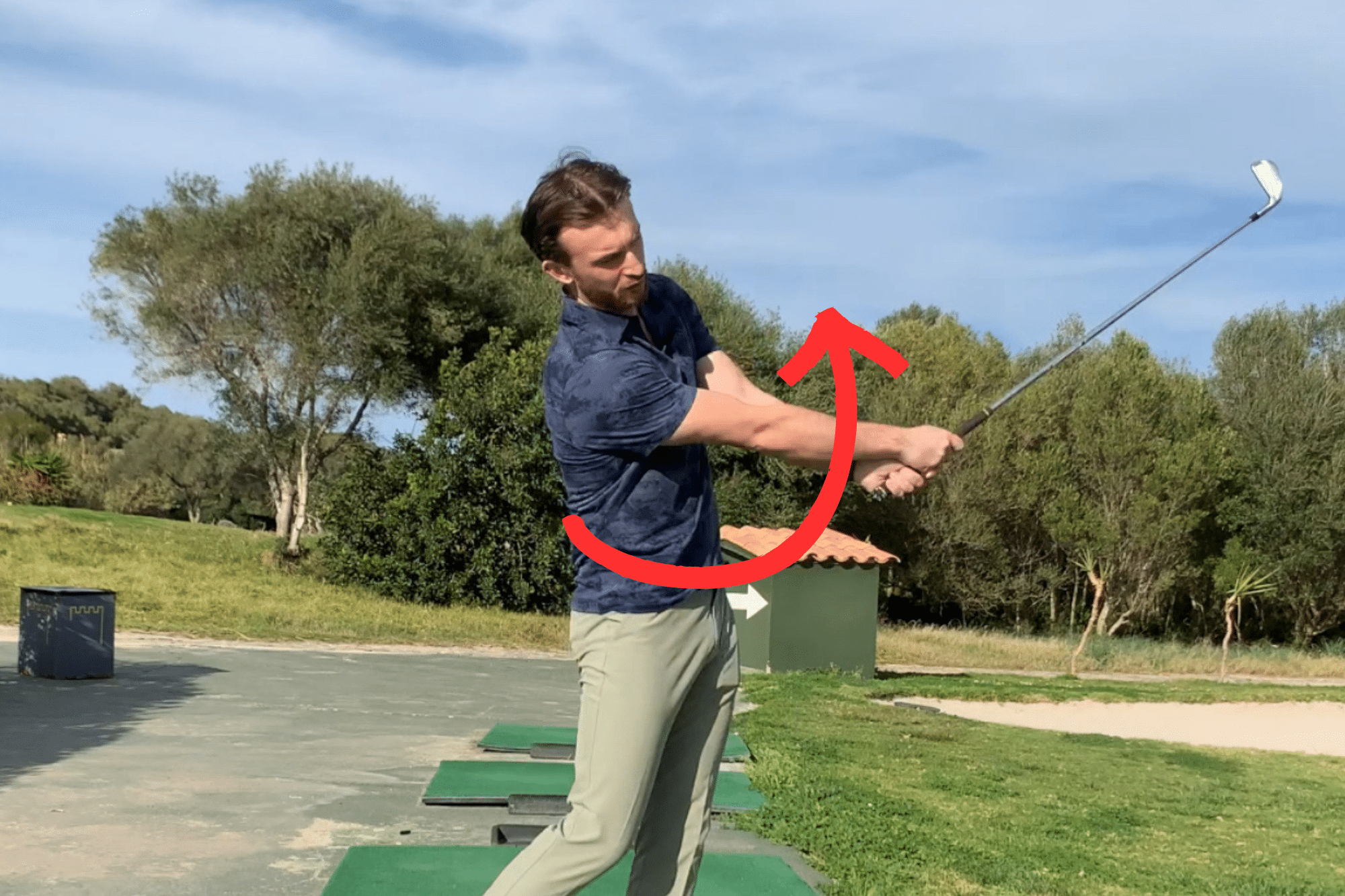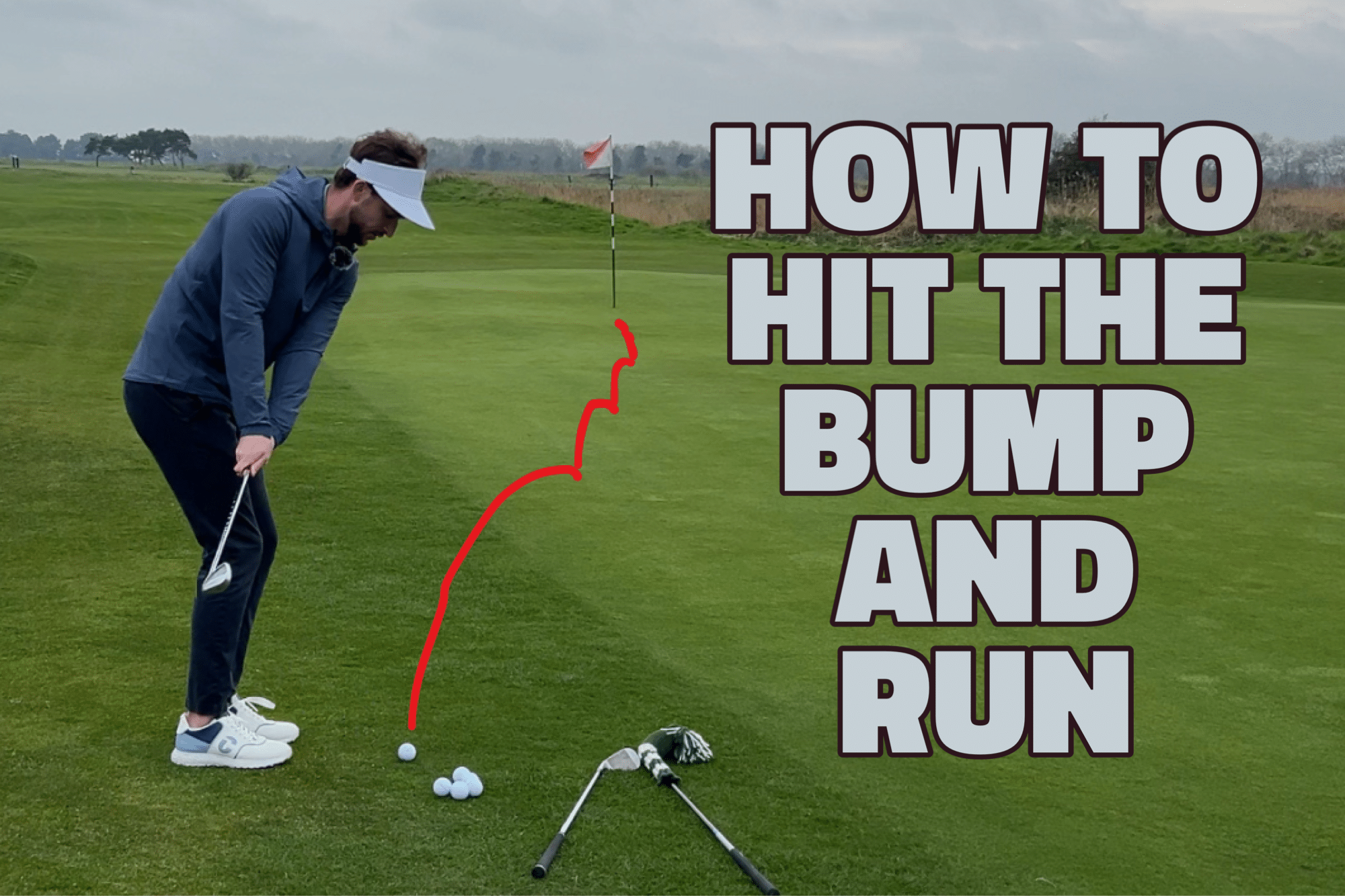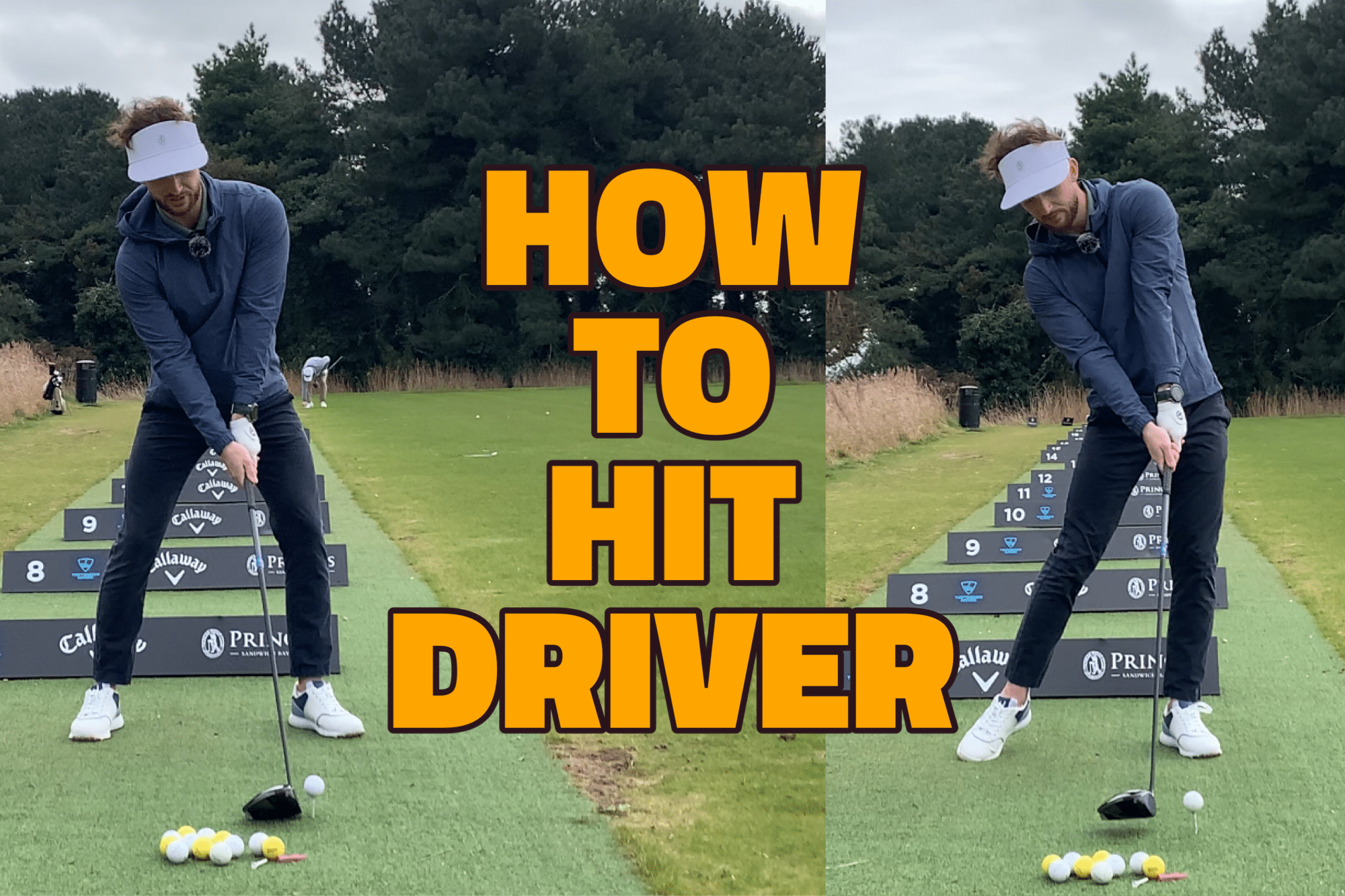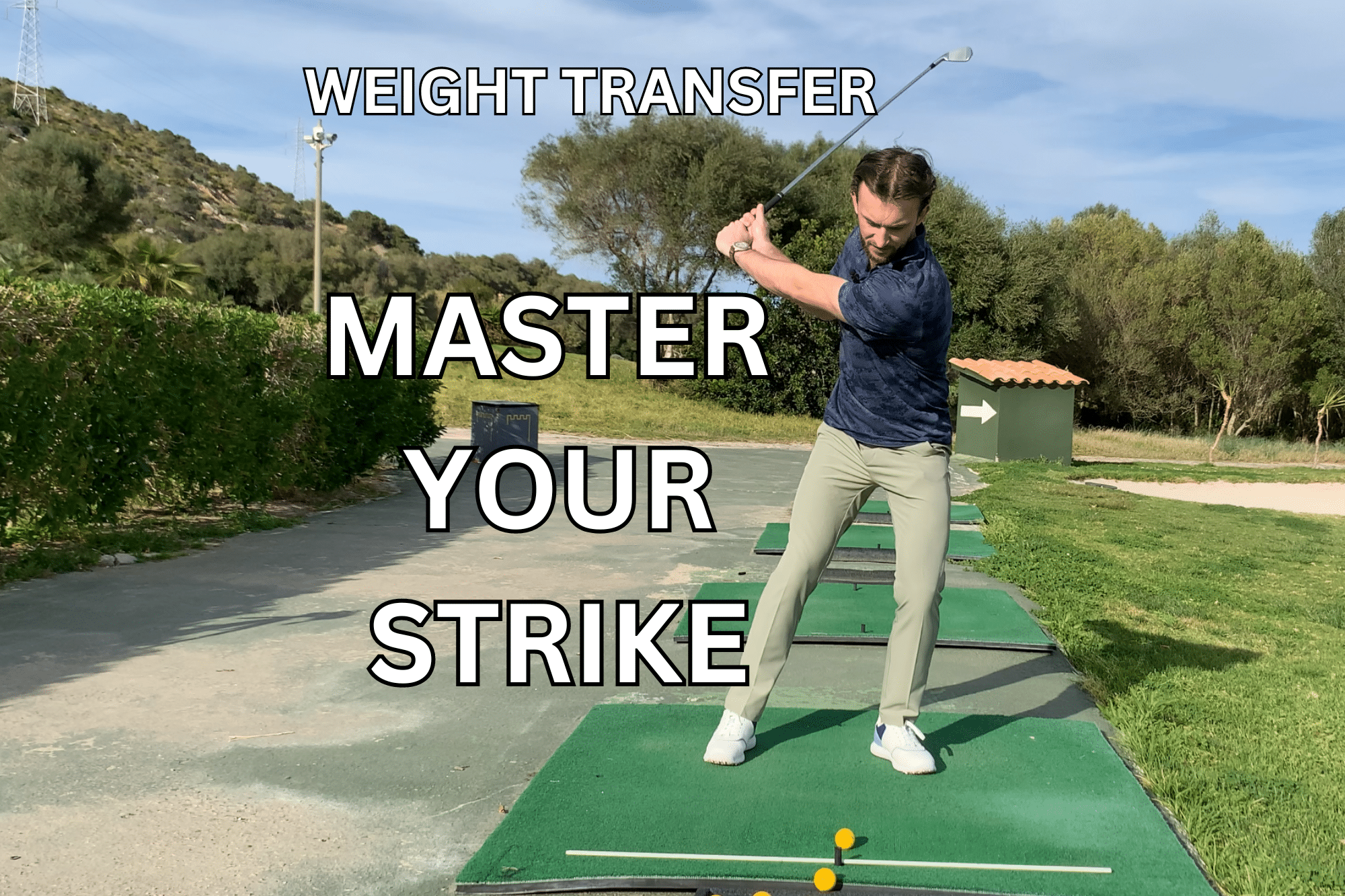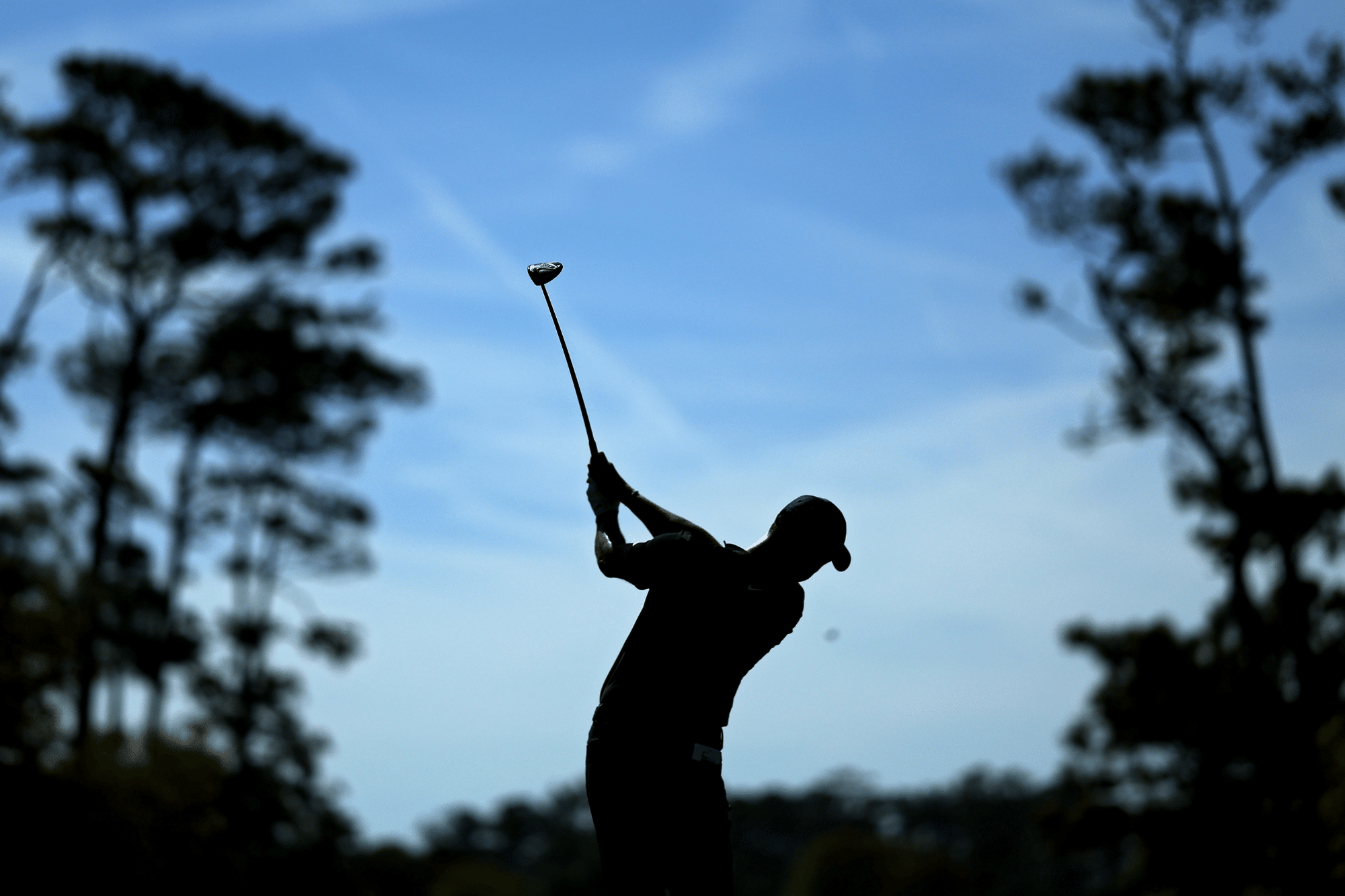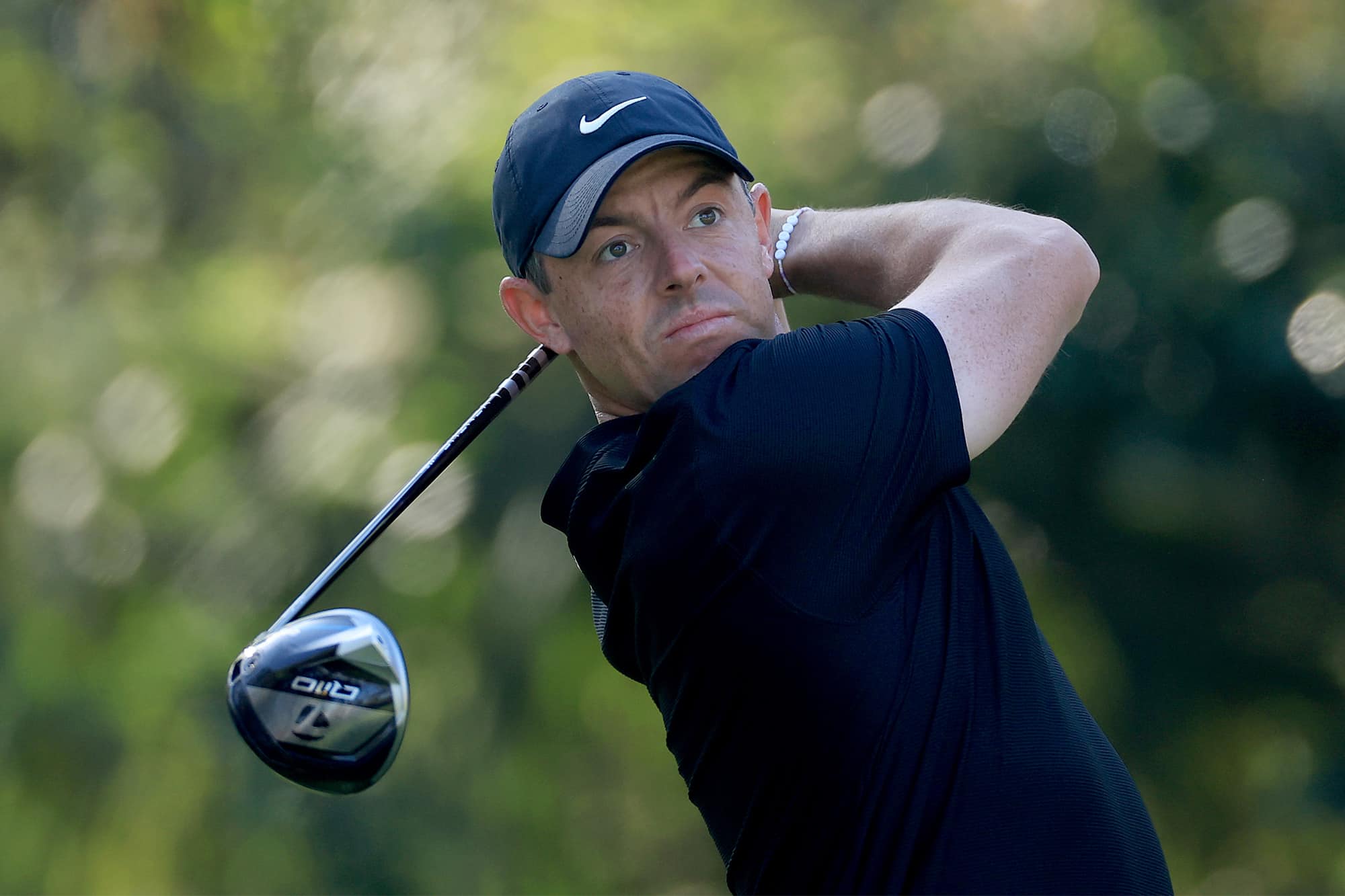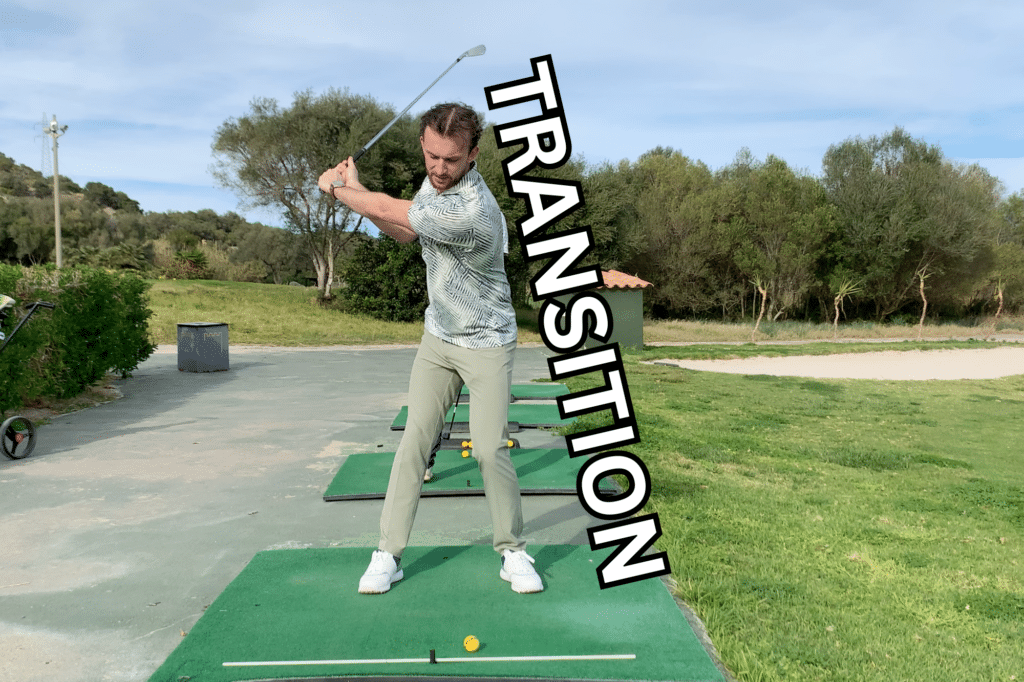
Master The Most Important Part Of The Swing
Moving your club and body correctly in transition from backswing to downswing gets you 90% of the way there to hitting perfect golf shots. In this video PGA Professional Jack Backhouse breaks down the 3 things that must happen in this vial part of the swing.
We all know what a good backswing looks like and the key positions in the downswing, but not enough is said about how the body and club move during the transition from backswing to downswing. In this video, PGA professional Jack Backhouse explains exactly what needs to happen in the golf swing transition for you to hit well-struck high draws and eliminate that slice.
Why is the transition so important?
If the entire golf swing lasts approximately one second, the downswing only lasts 0.25 seconds, which clearly is not a lot of time. In that time, the golfers need to move their weight forward, turn the club face 90 degrees, and swing down at an angle within 5 degrees of the ball to the target line; this is a lot to do. The transition is vital as this sets the tone for the whole downswing; the moves you make with the club as you start the downswing impacts everything else that happens before and after impact.
It is safe to say this is pretty much the most important phase of the swing.
Common faults
Amateur golfers have a wide range of different swing characteristics but will often do the same 3 things wrong in transition that then affect impact and the ball flight. These are
- Opening the upper body too early, resulting in poor weight transfer and out-to-in swing path.
- Overbending the trail arm, narrowing the swing too much.
- Lead wrist angle cupping or the face being too open .
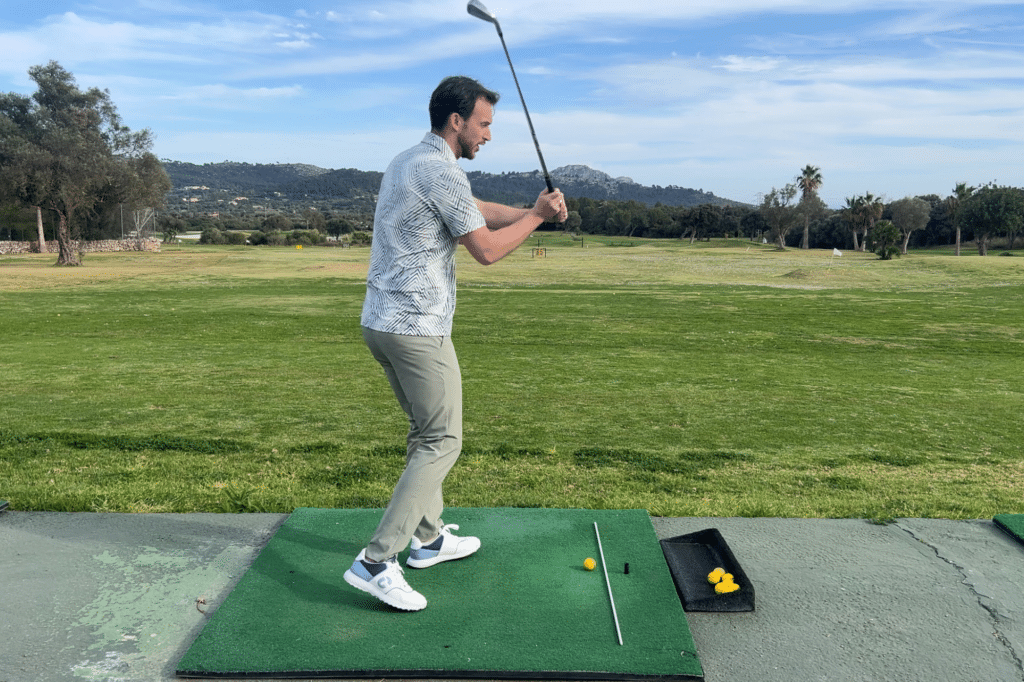
What should happen in the transition?
As we finish the backswing and start the downswing, it is possible to really set ourselves up for good contact with the golf ball and good direction. For this to happen, there are 3 key things that golfers should do in transition:
- Before the backswing finishes, the golfer’s weight should start moving towards the lead foot. This is a very early shift for most players, but it gets our body in a position to create a downward hit on the ball and an inside swing path. Jack Nicklaus did this wonderfully.
- As the downswing starts, the golfer should start widening and shallowing the club heads arc by extending their trail arm away behind them, sending the clubhead back away from the ball. This shallowing move creates more clubhead speed and an inside path.
- As the club starts down, the clubface should begin closing by bowing or flattening the lead wrist. This is very early for most players but doing this shuts the face to the swing path and will create the right-to-left draw shape all golfers strive for.
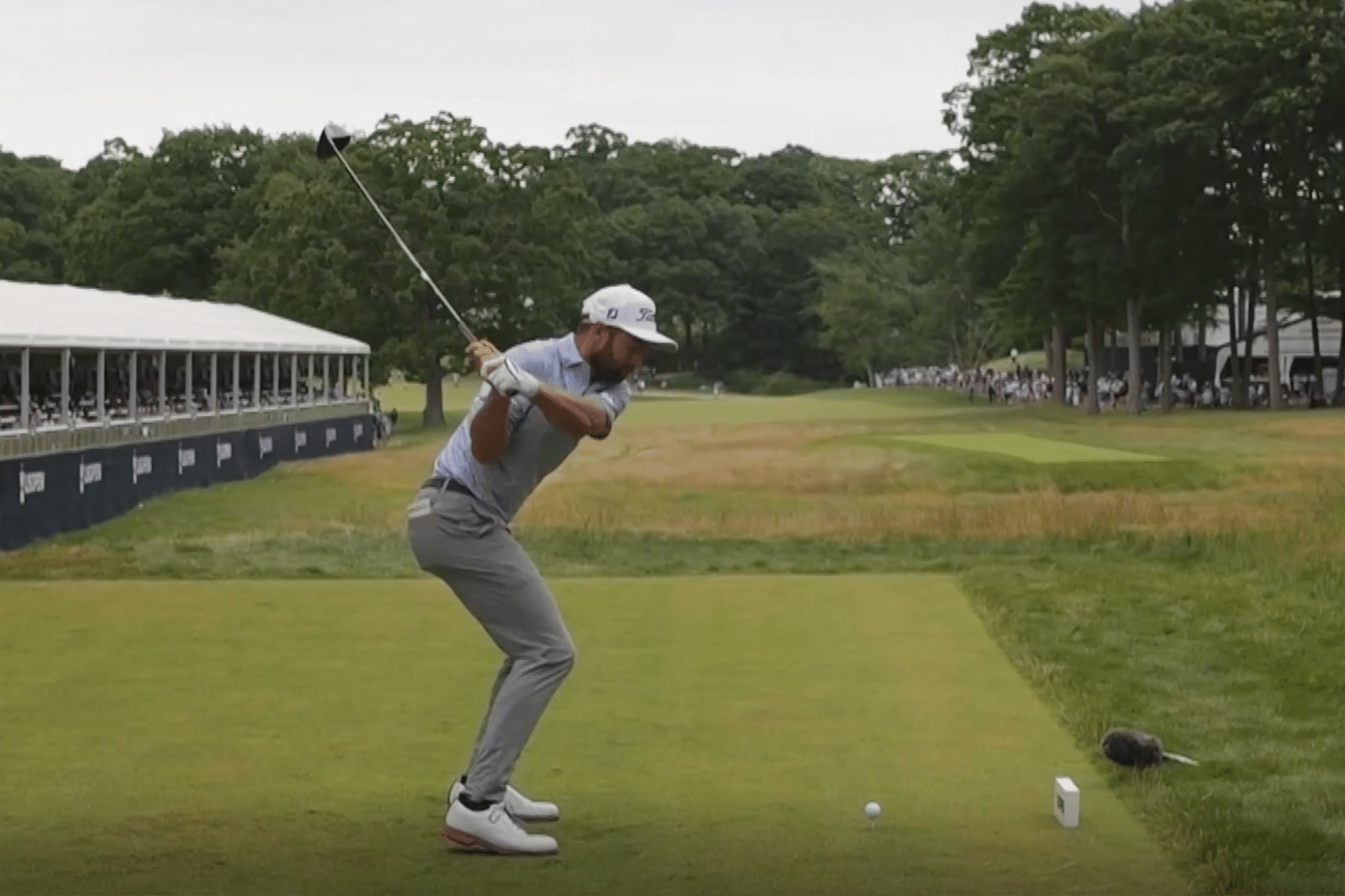
Drills
Working on your transition can be quite difficult as this part of the swing can happen quite quickly, so doing drills in which you strike the golf ball can help massively to help you achieve some swing feels to then carry into your golf shots. The 2 different drills will help you address the 3 different things that need to happen.
- Closed alignment drill; swing back as normal and swing down and hit the ball without turning your body towards the target.
- Motorcycle drill: Swing to the top, stop, extend the trail arm and bow the lead wrist, then swing down and hit the ball
Working on these 3 things using the two drills prescribed will pretty much guarantee better contact with the golf ball, with a more downward angle of attack, and also help you get the club on the inside with a closed face to hit that draw shot. Fixing your transition will correct your slice, that, I am absolutely certain of.
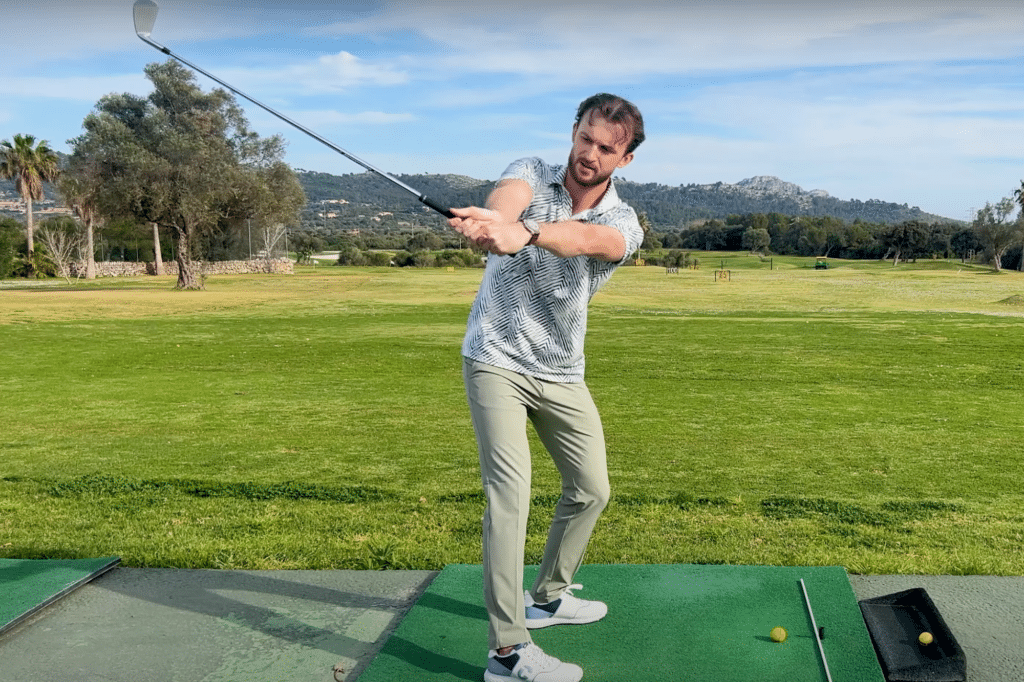
If you want to watch some more of Jack’s swing tips instruction videos, you can get to his YouTube Technique Tips playlist by clicking here. Please check out our other instruction articles if you liked this golf swing transition article!
- RELATED – How to draw the golf ball
- RELATED – Best Drivers For Slicers 2024
- RELATED – 5 rules of golf changes you need to know about
Jack Backhouse

Jack is a PGA Golf Professional who specialises in coaching, teaching golf to beginners and top-level amateurs for 10+ years. He also loves his golf equipment and analysing the data of the latest clubs on the market using launch monitors, specialising in blade irons and low-spinning drivers despite having a chronically low ball flight.
Although Jack has no formal journalism training, He has been reading What's In The Bag articles since he started playing at 12 and studying golf swings since his dad first filmed his swing to reveal one of the worst over-the-top slice swings he reckons has ever been recorded, which set him off on the path to be a coach. His favourite club ever owned was a Ping G10 driver bought from a local top amateur with the hope that some of the quality golf shots would come with it (they didn't), and worst was a Nike SQ driver he only bought because Tiger was using it.
Jack is a member of Sand Moor Golf Club and regularly gets out on the golf course to prepare for tournaments. Jack uses a TaylorMade BRNR Mini driver, a half set of TaylorMade P7MB irons, MG4 wedges and a TaylorMade TP Reserve putter.


